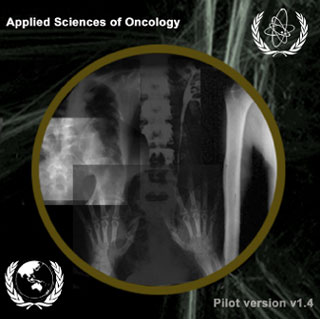RCA News


RCA News
View
| RCA Distance Learning Project on ASO Earning Wider Recognition Project Meeting and Validation Workshop in Feb. 2005 in Malaysia CCORE developed Interactive Program for Regional Benefits | |||
|---|---|---|---|
|
Name
admin |
Date
2005.03.16 |
Views
3130 |
|

There is a worldwide shortage of cancer services, particularly in the developing countries. As infectious diseases decline, the significance of cancer as a cause of morbidity and mortality in developing countries increase. The IAEA has a particular interest in radiation medicine in the developing world. In 1999, the IAEA's Regional Cooperation Agreement for Asia and the Pacific (RCA) identified the bottleneck to radiation treatment for cancer in the region as workforce rather than equipment. The RCA approved and funded the development by CCORE of an interactive distance-learning program to assist in training medical doctors.
The purpose of RCA-based ASO (Applied Sciences of Oncology) project is to develop and deliver a cost-effective and translatable distance-learning course in radiation oncology that will increase the numbers of radiation oncologists trained in developing countries, reduce the time they take to complete their training and possibly reduce the time they are absent overseas for formal specialist training and examination.
Pilot countries for the interactive distance-learning course are Malaysia, Pakistan and the Philippines from RCA while Egypt and Morocco from AFRA, and Argentina and Uruguay from ARCAL. The interactive CD-Rom based course is being piloted in English-language to 25 students in the above mentioned seven countries to assess its suitability as a training vehicle. Students are supported by key reference texts provided to their institutions by IAEA. A supplementary CD-Rom ws issued in November 2004 to update interim modules and test other improvements made since the pilot course CD was delivered.
The pilot course participants and their national supervisors will meet with the course development team in Kuala Lumpur in February 2005 to evaluate the course. If the project proves successful, it is anticipated translation into Chinese, French, Spanish and possibly Russian after 2006. Early estimates suggest a fully functional and regularly updated course in these major languages may support the training of up to 900 radiation oncologists every five years. The CCORE in cooperation with IAEA recently printed a IAEA/RCA poster advertising the ASO Distance Learning Project.
For further information, please write to Mr Thode R. J at Richard.Thode@swsahs.nsw.gov.au
Attachments



